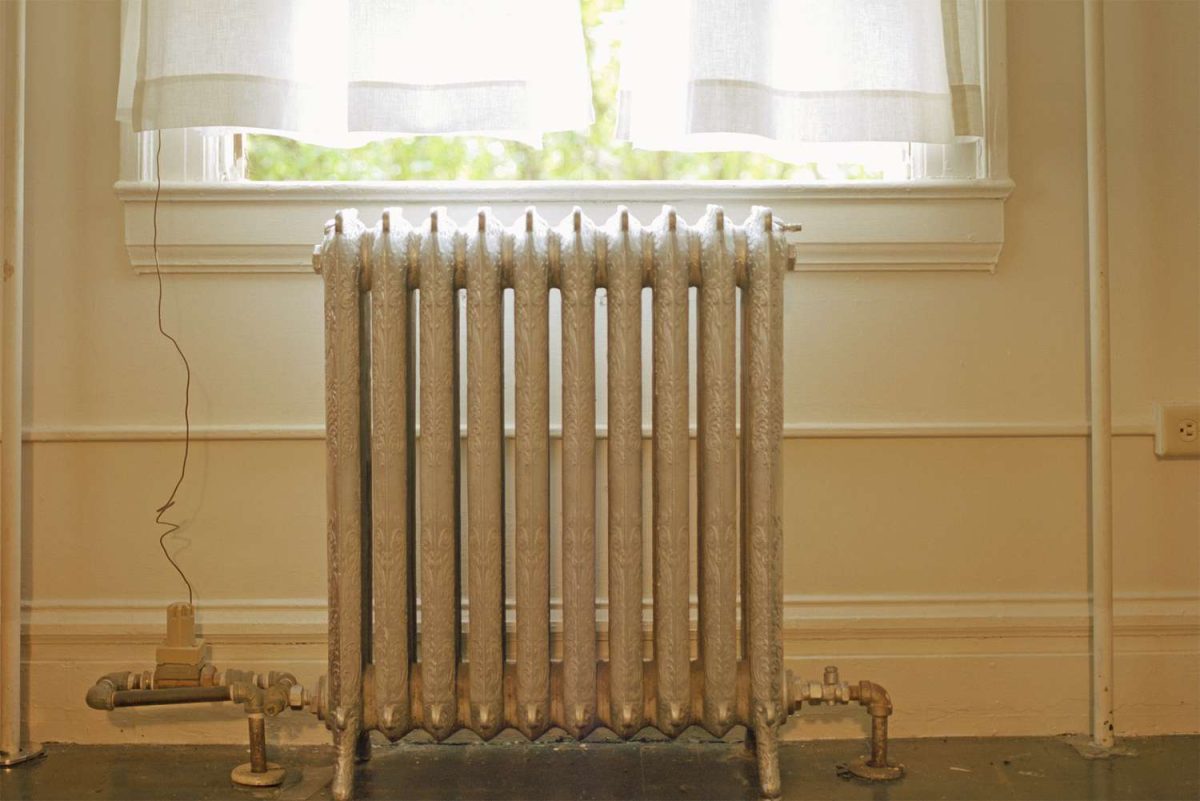
Keeping your home comfortable and functional requires regular attention to heating, plumbing renovations, and bathroom installations, especially in new constructions. Whether you’re upgrading your current setup or starting from scratch, these actionable tips will guide you through essential maintenance and repairs.
Heating: Stay Warm and Save Energy

Efficient heating systems are crucial for Canadian winters. Proper maintenance ensures your home stays warm and your energy bills stay low.
Regular Maintenance
- Inspect Annually: Schedule an annual check-up for your heating system. A professional can identify issues before they become major problems.
- Clean Filters: Replace or clean filters every few months to ensure optimal performance and air quality.
- Check for Leaks: Inspect ducts and pipes for leaks that can cause heat loss and increased energy consumption.
Upgrade When Necessary
- Modern Systems: Consider upgrading to a more efficient heating system if your current one is over 15 years old. Newer models are more energy-efficient and environmentally friendly.
- Smart Thermostats: Install a smart thermostat to control your heating system more efficiently. These devices learn your schedule and adjust the temperature automatically, saving energy.
Plumbing Renovations: Enhance Your Home’s Functionality
Plumbing renovations can significantly improve your home’s water efficiency and reduce the risk of future problems.
Planning Your Renovation
- Assess Needs: Identify areas that need improvement, such as outdated pipes or inefficient fixtures.
- Set a Budget: Determine how much you’re willing to spend on the renovation. Prioritize essential upgrades over aesthetic changes if you’re on a tight budget.
- Hire a Professional: For complex renovations, consult a licensed plumber. They can ensure the work is up to code and prevent costly mistakes.
Key Upgrades
- Low-Flow Fixtures: Install low-flow faucets, showerheads, and toilets to reduce water consumption and lower your bills.
- Pipe Insulation: Insulate your pipes to prevent freezing in the winter and to maintain water temperature.
- Tankless Water Heaters: Consider switching to a tankless water heater. These units provide hot water on demand and are more energy-efficient than traditional water heaters.
Maintenance and Repairs: Prevent Costly Problems
Regular maintenance and timely repairs can extend the lifespan of your plumbing and heating systems, preventing costly emergencies.
Routine Checks
- Leaks and Drips: Regularly check for leaks and drips in faucets, pipes, and valves. Even small leaks can waste a significant amount of water and lead to higher bills.
- Water Pressure: Monitor water pressure. Low pressure can indicate a problem with your pipes, while high pressure can damage your plumbing system.
- Drain Cleaning: Clean your drains regularly to prevent clogs. Avoid using chemical drain cleaners, as they can damage pipes. Instead, use a drain snake or natural solutions like baking soda and vinegar.
Immediate Repairs
- Fix Leaks Quickly: Address leaks as soon as you notice them. Delaying repairs can lead to water damage and mould growth.
- Replace Worn Parts: Replace worn-out parts, such as washers and gaskets, to keep your plumbing system in good working order.
- Address Noisy Pipes: Noisy pipes can indicate air in the lines or loose fittings. Address these issues to prevent further damage.
Bathroom Installation: Create a Modern and Functional Space
Installing a new bathroom can enhance your home’s value and provide a more comfortable living environment.
Design and Layout
- Plan Layout: Carefully plan the layout to maximize space and functionality. Consider the placement of fixtures, storage, and lighting.
- Choose Quality Fixtures: Invest in high-quality fixtures that will last. Look for water-saving options that blend style with efficiency.
- Accessibility: Ensure the bathroom is accessible for all family members, including those with mobility issues.
Professional Installation
- Hire Experts: For bathroom installations, work with a professional to ensure proper plumbing and electrical work. This can prevent future issues and ensure the job is done right.
- Permits and Codes: Make sure your project complies with local building codes and obtain the necessary permits before starting the work.
New Constructions: Building It Right
When constructing a new home, incorporating efficient heating and plumbing systems from the start can save time and money.
Foundation Work
- Plan Early: Work with your builder and plumber to plan the heating and plumbing systems early in the construction process.
- Energy Efficiency: Choose energy-efficient systems and materials to reduce long-term costs and environmental impact.
- Future-Proofing: Consider future needs, such as adding extra bathrooms or upgrading to a more advanced heating system, and plan accordingly.
Quality Installation
- Experienced Professionals: Ensure that experienced professionals install your heating and plumbing systems. Proper installation is crucial for the longevity and efficiency of these systems.
- Regular Inspections: Schedule regular inspections during the construction process to catch any issues early and ensure everything is built to code.
Creating a comfortable and efficient home involves attention to detail in heating, plumbing renovations, bathroom installations, and new constructions. By following these actionable tips, you can ensure your home remains functional, energy-efficient, and comfortable for years to come. For complex projects, don’t hesitate to consult a professional to ensure the best results.
